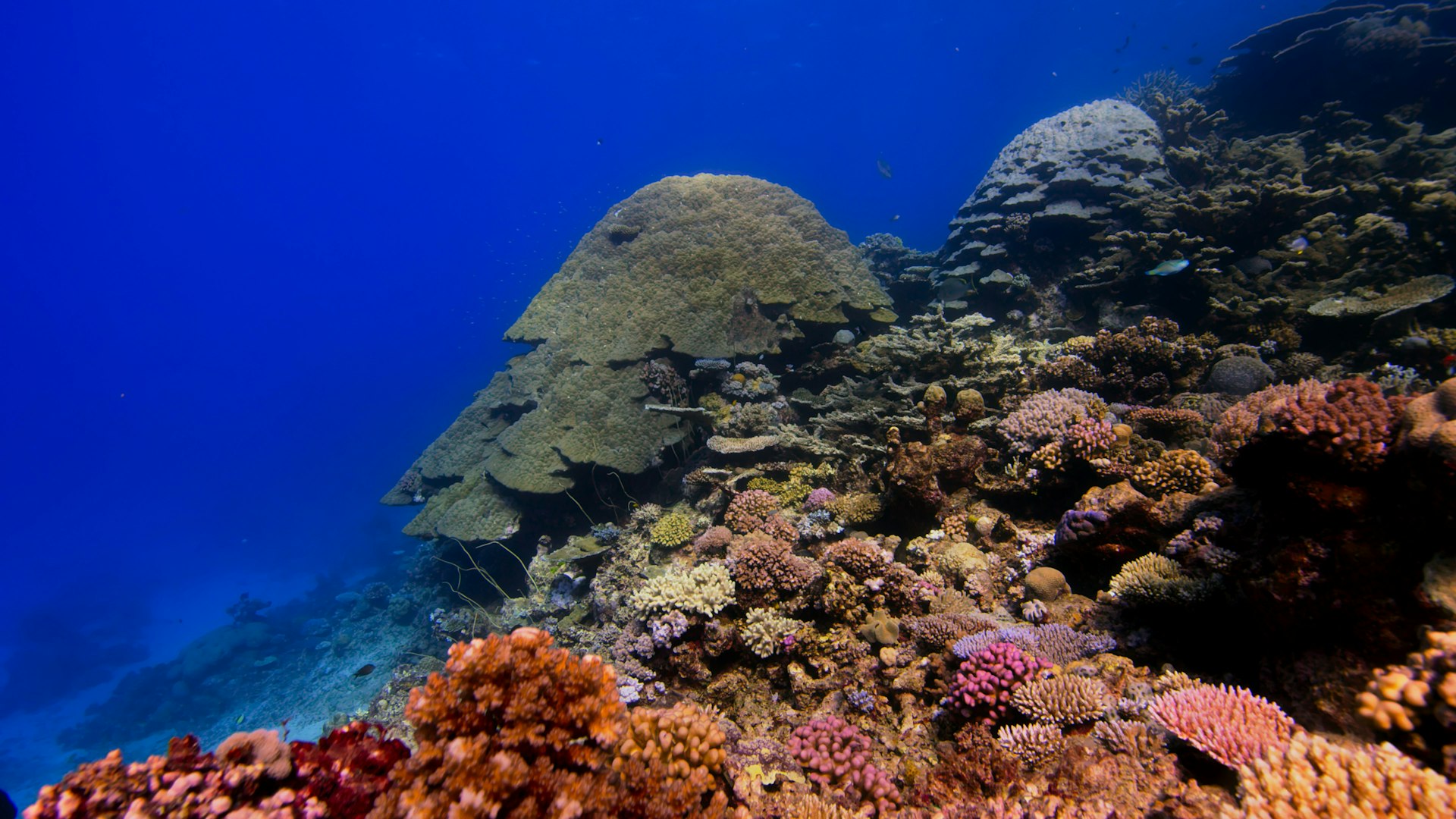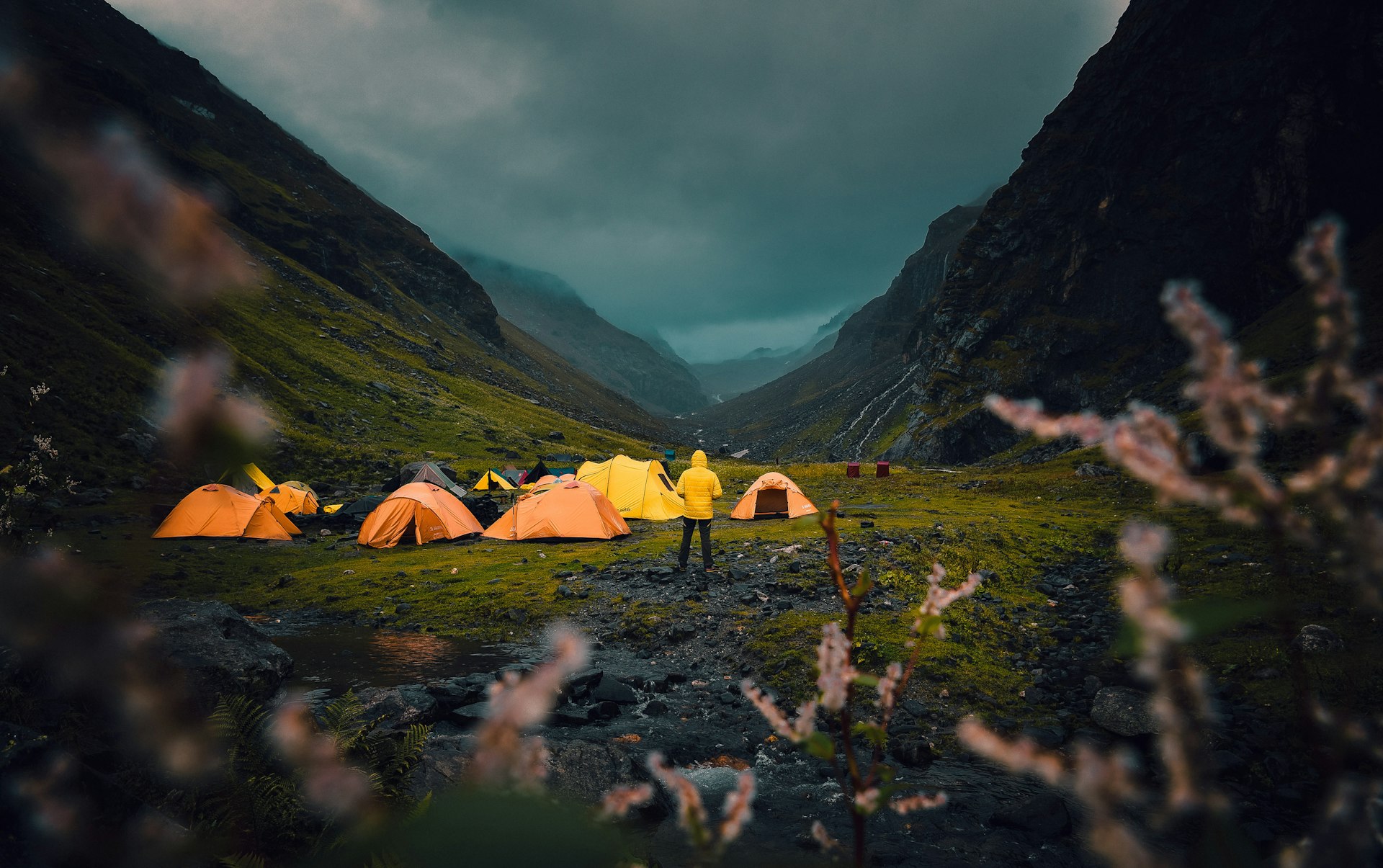Transform Your Travels: Immersive Eco Tourism Lifestyle Experiences for Sustainable Adventurers

Photo by TÃmea VÃzi on Unsplash
Introduction: Eco Tourism as a Lifestyle
Eco tourism is more than just a form of travel-it’s a lifestyle choice that prioritizes environmental stewardship, supports local economies, and offers transformative experiences for conscientious travelers. By engaging in eco tourism lifestyle experiences, individuals can explore the world while minimizing their impact and contributing positively to the places they visit. This article provides comprehensive, actionable guidance for those seeking to make eco tourism a core part of their lifestyle, drawing on verified examples, best practices, and real-world case studies.
What Defines Eco Tourism Lifestyle Experiences?
Eco tourism lifestyle experiences are travel opportunities that emphasize sustainability, conservation, and respect for local cultures. These experiences can include:
- Staying at eco-friendly lodges or resorts designed to blend with and protect the surrounding environment
- Participating in conservation activities such as wildlife monitoring, habitat restoration, or coral planting
- Engaging with local communities through cultural exchanges, farm stays, or supporting indigenous enterprises
- Choosing low-impact transportation methods like cycling, hiking, or zero-emission boat tours
- Prioritizing experiences that contribute to the preservation of natural and cultural resources
These lifestyle experiences give travelers the opportunity to learn, contribute, and create lasting memories, while ensuring tourism leaves a positive legacy for future generations [1] .
Types of Eco Tourism Experiences
Eco tourism is a diverse field, offering a wide range of experiences tailored to different interests and levels of adventure. The main types include:
Nature-Based Ecotourism
This type focuses on direct interaction with nature. Activities include guided wildlife tours, nature photography, bird watching, and exploring protected areas. For example, exploring the Amazon Rainforest with local guides allows travelers to witness biodiversity while supporting efforts against deforestation. Staying in sustainable lodges ensures minimal ecological impact and ongoing support for conservation efforts [2] .

Photo by Hoà ng Anh Nguyễn on Unsplash
Practical Steps: To participate, research destinations with certified eco-lodges and book guided tours led by local conservationists. You can find such experiences in Costa Rica, Brazil, and Australia.
Cultural Ecotourism
Cultural eco tourism emphasizes learning from and supporting local and indigenous communities. This may involve staying in community-run lodges, taking part in traditional craft workshops, or joining cultural festivals. Bhutan, for example, offers immersive experiences that focus on cultural preservation and the well-being of its citizens, measured by Gross National Happiness rather than GDP [4] .
Practical Steps: Seek out destinations where tourism dollars directly support local projects. Before booking, review the accommodations’ ownership structure and community engagement policies.
Adventure Ecotourism
Adventure eco tourism combines physical activity with sustainability. Examples include hiking, zip lining, cycling, and horseback riding in protected natural areas. Iceland’s geothermal-powered hotels and eco-friendly transport options, such as biking and hiking, provide opportunities for low-impact adventure [4] .
Practical Steps: Look for eco-certified adventure operators and prioritize non-motorized or electric transport when possible. Many destinations now offer zero-emission boat tours and electric bike rentals.
Farm Stays and Agritourism
Farm stays offer travelers the chance to learn about sustainable agriculture, participate in daily farm activities, and enjoy fresh, local food. Regions like Tuscany, Napa Valley, and the Blue Mountains offer immersive agritourism experiences that support rural economies while fostering environmental awareness [3] .
Practical Steps: To find a farm stay, search for certified agritourism properties in your target region and review guest feedback on their sustainability practices.
Real-World Examples of Eco Tourism Experiences
Across the globe, eco tourism lifestyle experiences are making a positive impact. Here are a few inspiring examples:
- Bisate Lodge, Rwanda: A luxury eco-lodge built with sustainable materials, rainwater harvesting, and an on-site tree-planting program. It partners with local cooperatives, ensuring tourism revenue benefits the community [1] .
- Jean-Michel Cousteau Resort, Fiji: Features a coral farm where guests can work with marine biologists to restore coral reefs and learn about ocean conservation [1] .
- Costa Rica’s Protected Parks: Over 25% of the country is protected, offering eco-lodges, wildlife tours, and opportunities to see sea turtle nesting-all while supporting conservation [2] .
- Daintree Rainforest, Australia: Offers zero-emission boat cruises and operators with EarthCheck certification, setting global standards for sustainable tourism [1] .
How to Access Eco Tourism Lifestyle Experiences
To begin your journey toward eco tourism, follow these steps:
- Research Destinations: Look for places with a strong record of conservation and sustainable tourism. Use search terms like “eco tourism experiences in [region]” or “certified eco-lodges” when planning your trip.
- Verify Certifications: Seek accommodations and tour operators with eco-certifications such as EarthCheck, Green Globe, or Rainforest Alliance. These certifications signal a commitment to sustainability. You can visit the official websites of these organizations to verify certification status.
- Engage with Local Communities: Prioritize experiences that are owned or operated by locals. This ensures your spending supports the community. When booking, inquire about how tourism revenue is distributed and what community projects are funded.
- Minimize Your Impact: Choose low-impact transportation, avoid single-use plastics, and follow Leave No Trace principles during your travels. Many destinations provide guidelines on responsible behavior for visitors.
- Stay Informed: Read reviews and stories from past travelers to ensure the authenticity of eco claims. Look for transparency and clear evidence of sustainable practices.
If you are uncertain about where to find eco tourism opportunities, you can:
- Consult travel guides and websites that specialize in sustainable tourism
- Contact tourism boards or visitor centers in your destination region and ask for eco-certified options
- Use social media groups or forums focused on responsible travel to get recommendations and reviews
Potential Challenges and Solutions
Eco tourism is not without challenges. Some common issues include greenwashing (misleading claims of sustainability), limited availability in remote regions, and occasionally higher costs. To address these:
- Greenwashing: Always verify certifications and look for detailed explanations of sustainable practices. Third-party certification from reputable organizations is a reliable indicator [3] .
- Accessibility: Some destinations may have limited infrastructure for eco tourism. Consider visiting alternative regions that offer similar experiences but are more accessible.
- Cost: Eco-friendly lodges and tours may have higher upfront costs, but they often provide added value through meaningful experiences, community engagement, and environmental stewardship. Some programs offer volunteer exchanges or off-season rates for travelers on a budget.
Alternative Approaches to Eco Tourism Lifestyle
If travel is not currently possible, you can still adopt eco tourism principles in your daily life:
- Support local eco-friendly businesses and restaurants
- Participate in conservation projects or volunteering opportunities in your community
- Advocate for sustainable practices in your workplace or school
- Educate yourself and others about environmental issues and responsible travel
By making mindful choices at home, you extend the values of eco tourism into your daily routine, creating a lasting positive impact.
Key Takeaways
Eco tourism lifestyle experiences offer a pathway to enriching travel, deeper cultural engagement, and positive environmental impact. With careful planning, research, and a commitment to responsible practices, anyone can begin their journey toward sustainable adventure. When seeking opportunities, prioritize certified experiences, engage with local communities, and remain vigilant against greenwashing. Remember, every small step contributes to a healthier planet and a more meaningful travel experience.
References
MORE FROM dealresult.com













